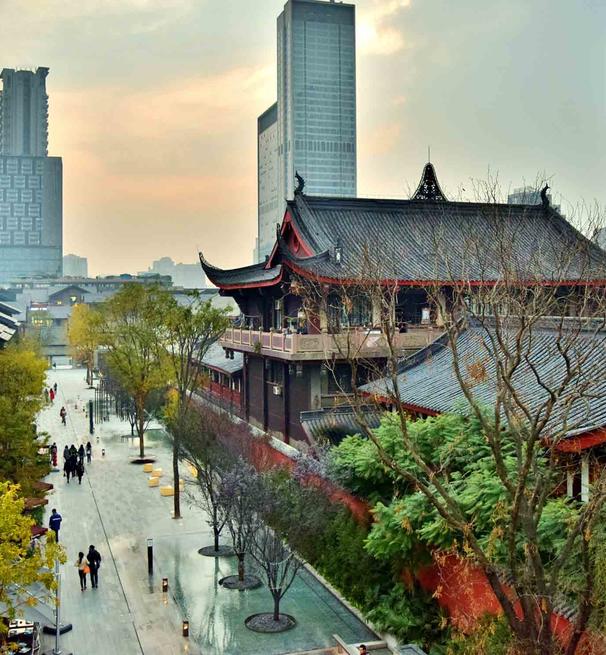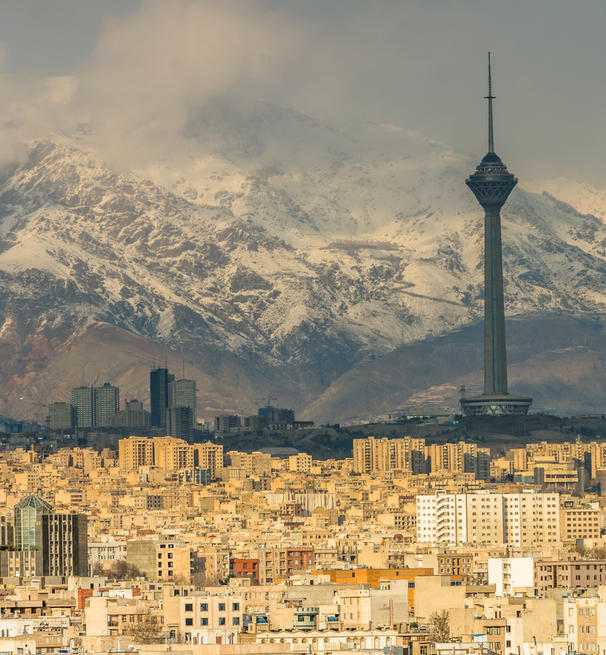International Research

Princeton boasts many centers and research projects specifically focused on international work. These provide opportunities for students, scholars and faculty to conduct international research, learning and teaching both on campus and around the world. Such is the dynamic nature of international research activity that the following list may not be exhaustive.
Centers






International Projects
Academic fellows from Afghanistan, who worked previously in support of U.S. government efforts there, will collaborate with SPIA’s academic community on policy research to help build an inclusive, peaceful, and prosperous Afghanistan that represents all its citizens equally.
Princeton professor C. Jessica E. Metcalf and postdoctoral researchers Fidisoa Rasambainarivo and Benjamin Rice will lead this project evaluating the impact of domestic-animal pathogens on the biodiversity of native wildlife in Madagascar and — in light of COVID-19 — the potential consequences for human health. The researchers will focus on the parasite Toxoplasma gondii transmitted by domestic cats, which infects warm-blooded animals and can cause severe disease in many species, as well as birth defects in humans. The researchers will collect samples from endangered carnivores within the island’s protected habitats to determine the extent of infection and the impact of T. gondii on species’ health. They will build on these data to help design potential control programs to limit initial T. gondii infection in housecats for wildlife conservation and human health. At the same time, the researchers will document the diversity of pathogens found in non-human wild and domestic mammals across the island, from within human communities to the interior of protected habitats, compiling data on the transmission modes that drive the proliferation of pathogens in Madagascar’s native carnivores.
In the Brazil LAB, the South American country is taken as a nexus for thinking through pressing issues that affect people in Brazil and globally, and that are salient to both established scholarship and nascent critical work.
Princeton professors Robert Pringle and David Wilcove will lead an interdisciplinary team of ecologists, economists and social scientists who will collaborate with communities in and around Mozambique’s Gorongosa National Park to help promote biodiversity and strengthen local economies, while also optimizing the landscape’s climate resilience and potential for carbon storage. The project builds on the Pringle Lab’s extensive work studying Gorongosa’s ecology, and the Wilcove Team’s research related to preserving biodiversity, particularly in tropical and agricultural zones. By using Gorongosa as a model, the researchers aim to develop an adaptable framework that can be tailored for coupled human-natural systems throughout Africa and worldwide.
The Global Japan Lab (GJL) promotes and supports research, teaching, and training on contemporary Japan across multiple disciplines. GJL places particular emphasis on questions regarding demographic change, international relations, and environmental uncertainty – and the contexts in which they are experienced. As the oldest population in the world, a key player in international economic and geopolitical systems, and a country dramatically impacted by climate change and natural disasters, Japan is a particularly valuable source of insight. GJL collaborates closely with the UTokyo Center for Contemporary Japanese Studies (TCJS) as part of the Princeton-University of Tokyo Strategic Partnership.
The Global Systemic Risk research community frames its multidisciplinary inquiry from a number of vantage points to better understand the nature of risk, the structure of increasingly fragile systems, and the ability to anticipate and prevent catastrophic consequences.
The Migration Lab is a multidisciplinary research community that brings a wide range of scholarly expertise to bear upon contemporary migration issues.
This research community investigates opportunities to channel capital flows to countries suffering from weak institutions and, in many cases, the threat or reality of violent conflict.
Rapid Switch is a cross-disciplinary research community involving political science, other applied social and behavioral science, and economics whose purpose is to expand and deepen an understanding of pathways to decarbonization.
This research community seeks to foster debate and collaboration among a diverse range of scholars over the character and future of global order.
C. Jessica Metcalf, professor of ecology and evolutionary biology and public affairs, is examining the intersection of food security and disease in Madagascar’s capital, Antananarivo. Home to 2 million people and in one of the world’s poorest countries, Antananarivo hosts a flourishing poultry-farming sector, which provides food security and an income stream for many households. Local poultry farms are primarily small-scale and together provide an affordable source of protein with relatively low environmental impacts compared to industrial agriculture. However, these small operations can be devastated by poultry diseases, particularly Newcastle disease (ND), which swiftly spreads between birds and can cause 100 percent mortality in unvaccinated flocks. This project is modeling the spread and distribution of ND in Antananarivo in order to identify ND-infection risk factors, as well as to improve vaccination and prevent outbreaks. Metcalf is working with Princeton students to map farms, trading centers and ND cases across the city. The project’s hypothesis is that birds are most at risk of infection from contact at trading hubs rather than between neighboring farms. The data will be used to explore the cost and benefit of ND vaccination for local poultry farmers.
